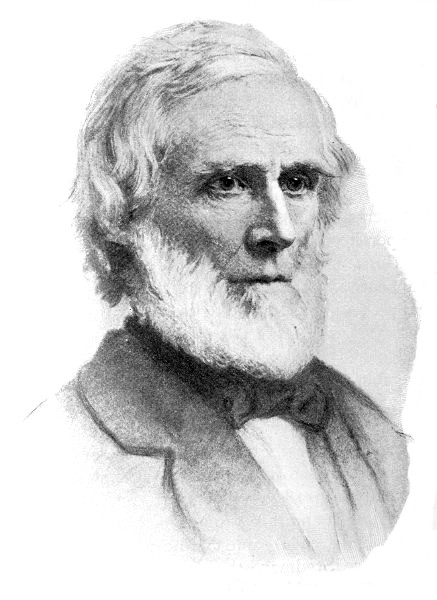Churches
Slavery divided American churches just as it did the American people. Both the Methodist and Baptist denominations split along sectional lines. Some congregations spoke out against slavery while others defended the institution as consistent with the messages of the Bible. Many more took no position on the matter, preferring to hide behind the silence of neutrality. As church clergy increasingly turned a blind eye to slavery, anti-slavery activists increasingly turned away from the church. In 1838, Hudson commented in his journal on the emerging church schisms: "Conscience pulls one way, fear and pecuniary interest draws them another."1 Hudson viewed the church's compliance with slavery as an affront on his own values.
On May 5, 1841, Hudson commented in his journal "My confidence in clergy as a body is very much impaired, this is painfully contrary to my education. I think the church and ministry doing much to bring a reproach and scandal upon Christ's cause - the rabble have become religious keepers. How is the gold become dim! How the salt hath lost its savor! Lord revive thy work!"2 Hudson felt the clergy's refusal to confront slavery violated the tenets of the church. Hudson's radical views brought him into conflict with his own congregation. In 1848, Hudson received a letter from the pastor of his church in Torrington, admonishing Hudson and his wife for following a course "contrary to the rules of the word of god". The letter also threatened to terminate the couple's membership in the congregation.3
By permitting slavery, the clergy condoned violence, which contradicted Hudson's commitment to non-resistance. Even when churches renounced slavery, they often objected to a greater role for women in society. Clergy throughout New England insisted that women had no place in public discourse, and criticized itinerant female lecturers, many of whom were Hudson's allies. Hudson's opposition to church clergy coincided with his views on non-resistance, women's rights, and anti-slavery.
Anti-slavery pamphlets on slavery and the church:
Citations


